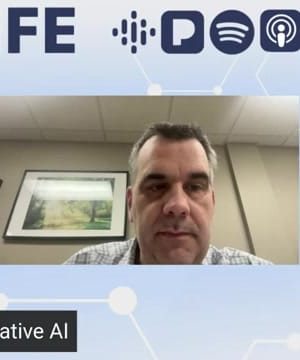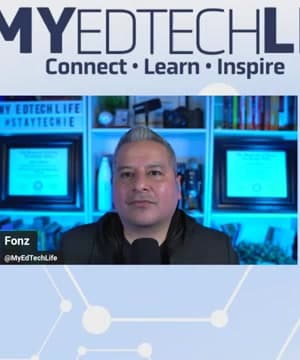Detection tools
Sources:
AI detection tools have faced significant challenges and criticism regarding their reliability and effectiveness. Here are some key insights from experts on the matter:
-
Imperfect Tools: OpenAI's AI detection tool was shut down due to poor accuracy and high false positive rates. It often flagged human-written text as AI-generated, leading to significant errors, especially in educational settings 1 2.
-
Inconsistencies in Results: Turnitin, a well-known plagiarism detection tool, faced criticism for its AI detection capabilities. Tests showed inconsistent results, sometimes mislabeling human-written content as AI-generated and vice versa 3.
-
Bias Against Non-Native English Speakers: AI detection tools have shown bias, particularly against non-native English speakers, falsely labeling their work as AI-generated at a high rate. This raises concerns about the fairness and reliability of these tools in educational contexts 4.
-
Evolving Threats and Detection Limitations: Detection tools must continually adapt to new generative AI techniques, creating a "cat and mouse" dynamic. Traditional methods, which remain static, cannot keep up with the rapidly advancing generative models 5 6.
-
Educational Impact: Experts suggest that rather than solely relying on detection tools, educators should adapt their teaching methods. This includes developing assignments that promote critical thinking and understanding AI technology 7 8.
Overall, while AI detection tools offer some utility, their current limitations and biases necessitate a more thoughtful approach, particularly in education and content verification.
RELATED QUESTIONS-


